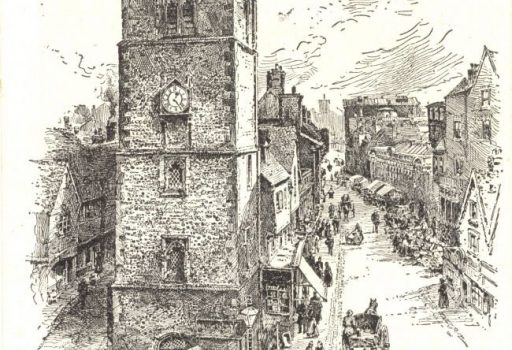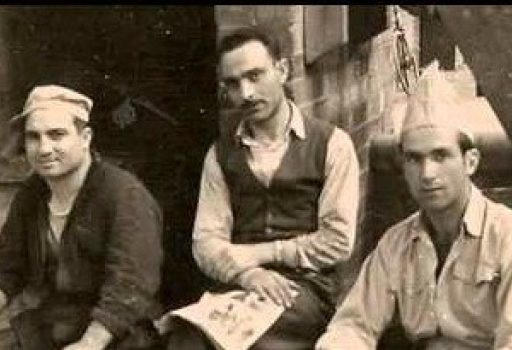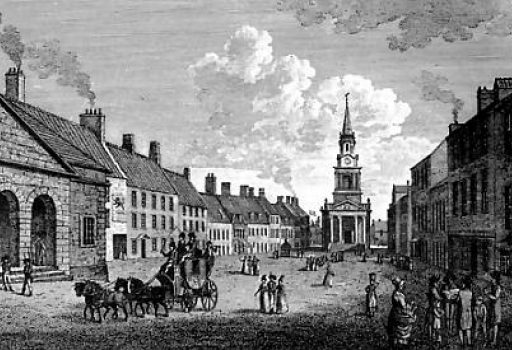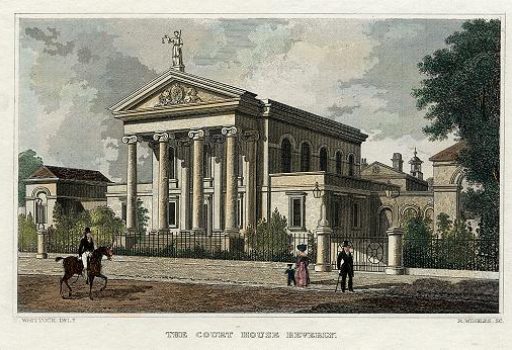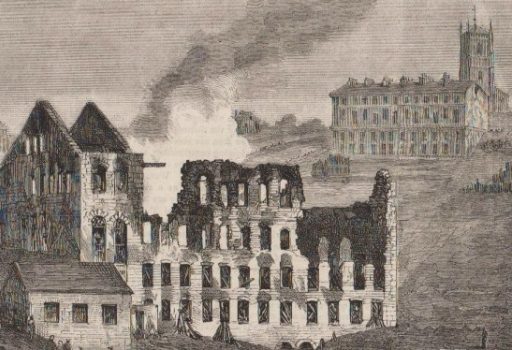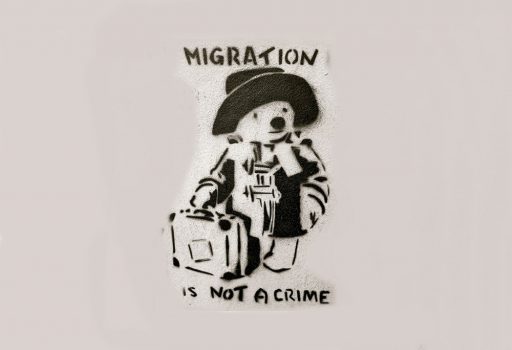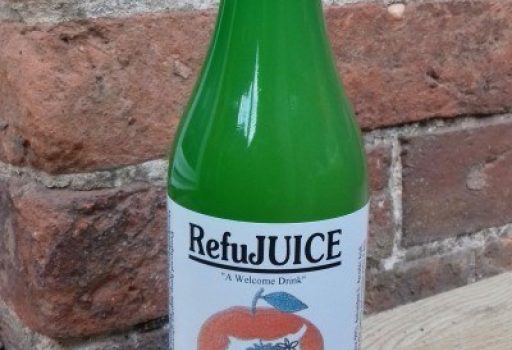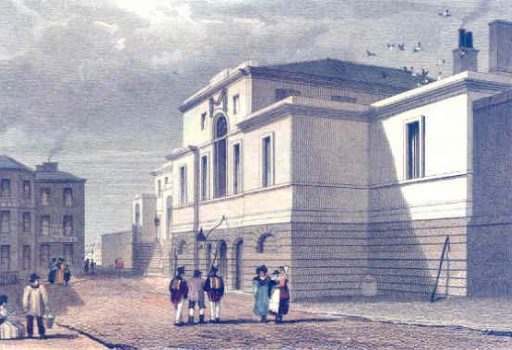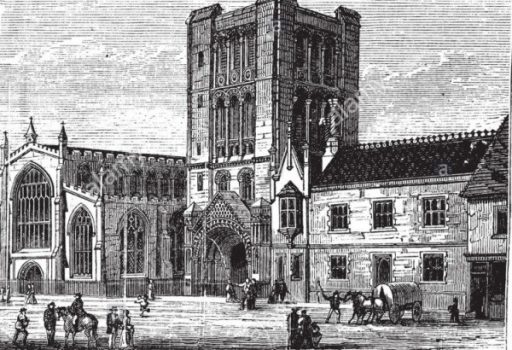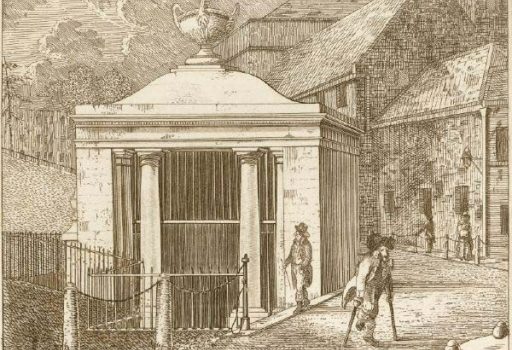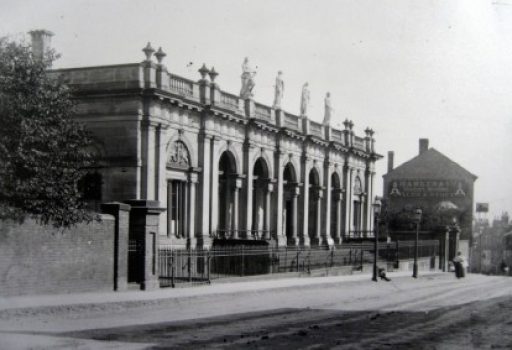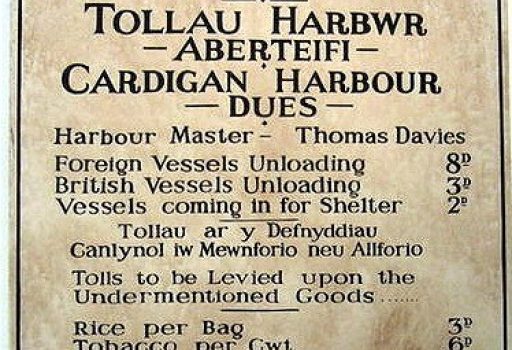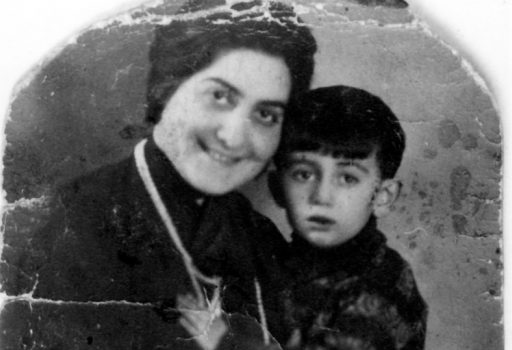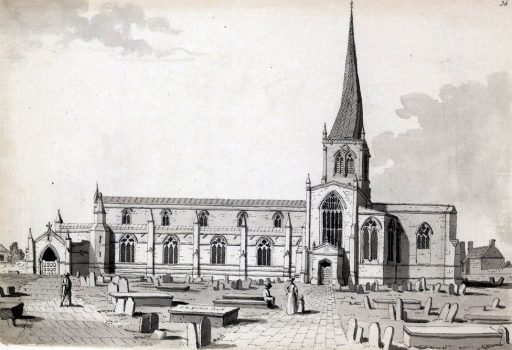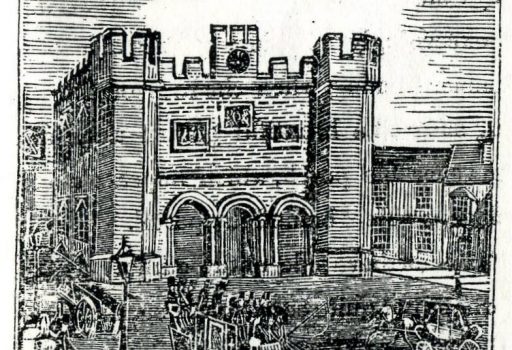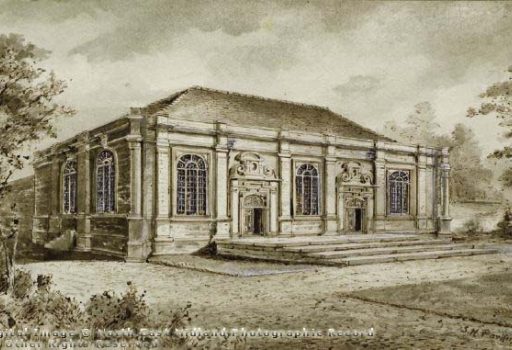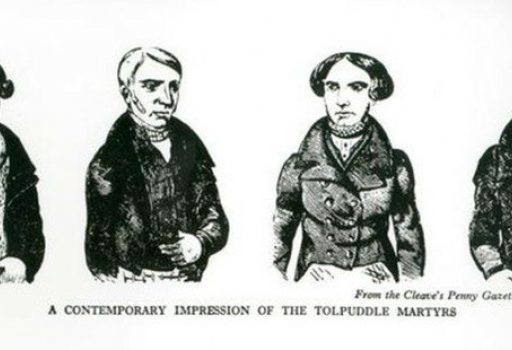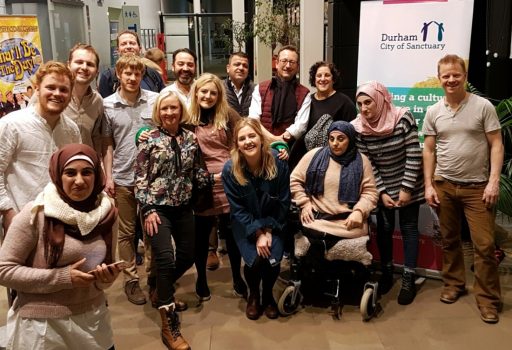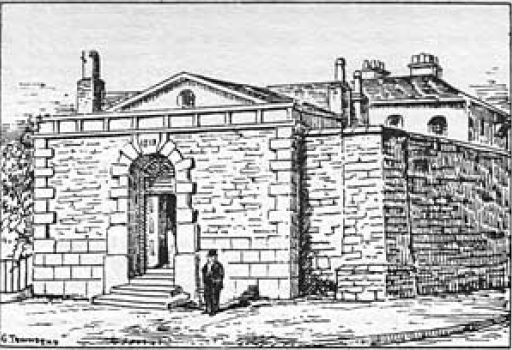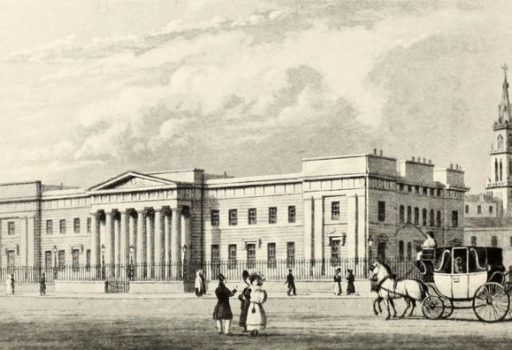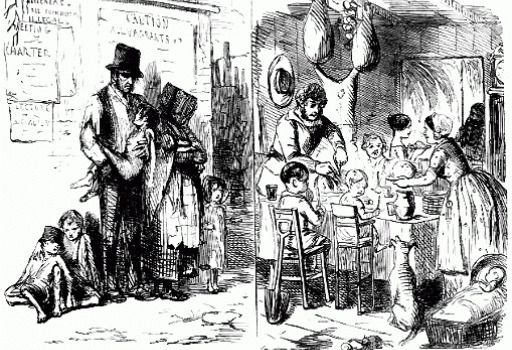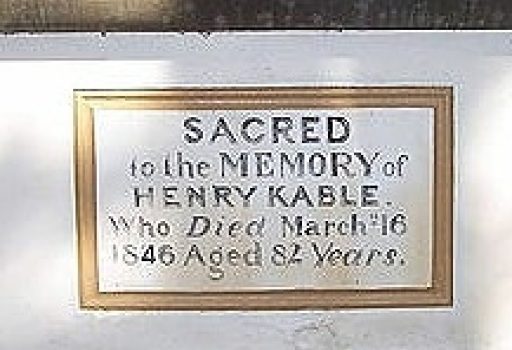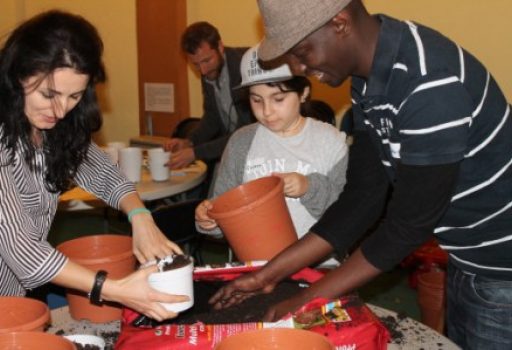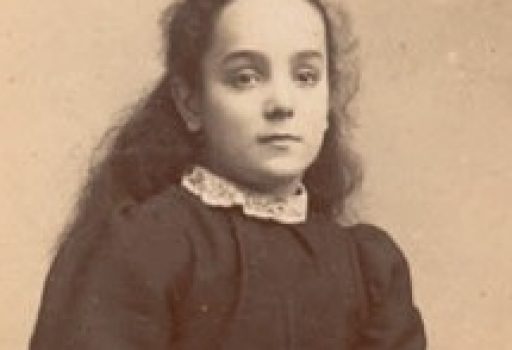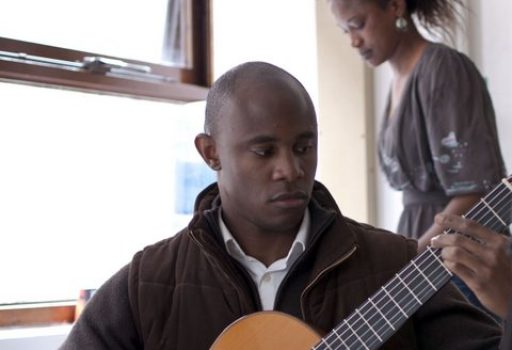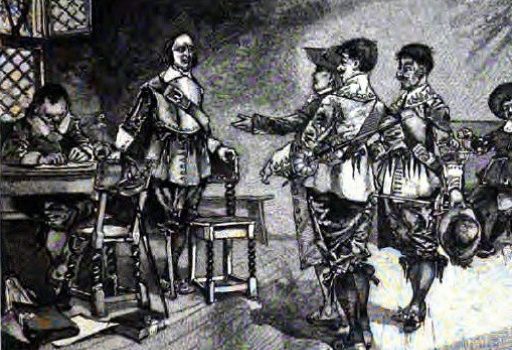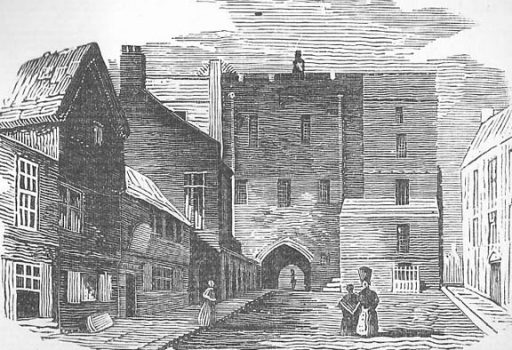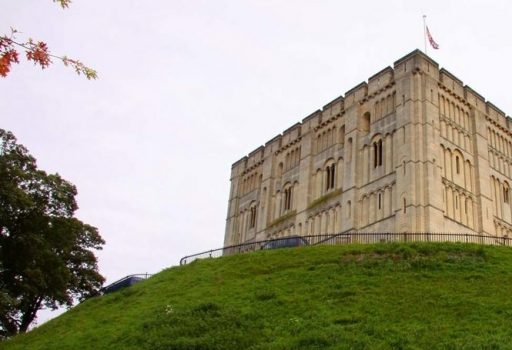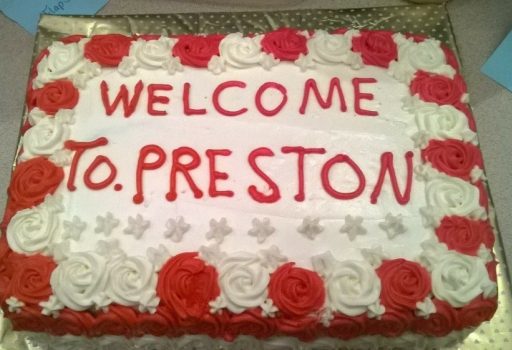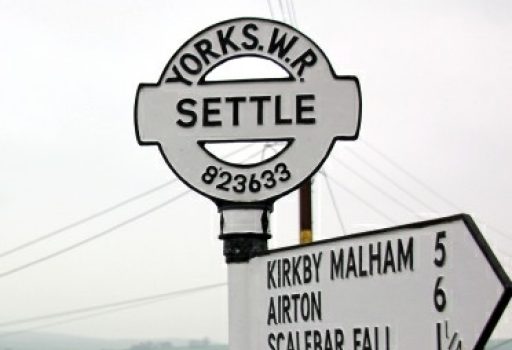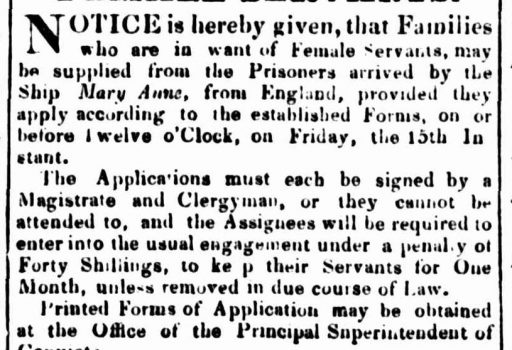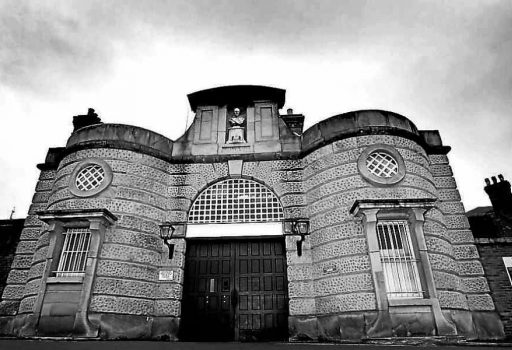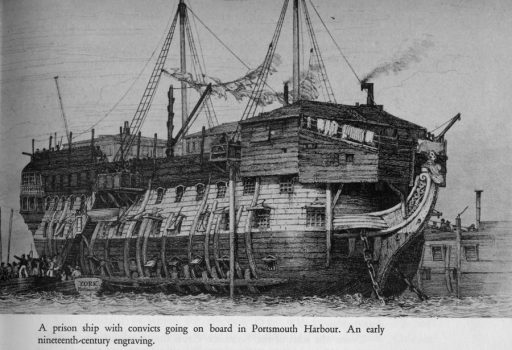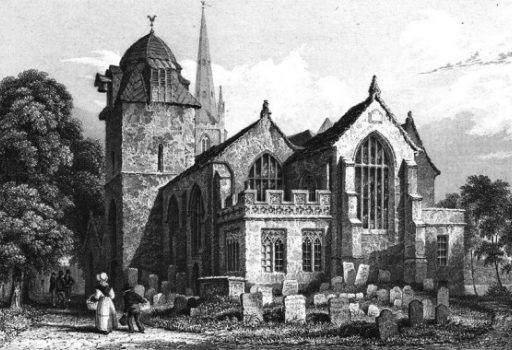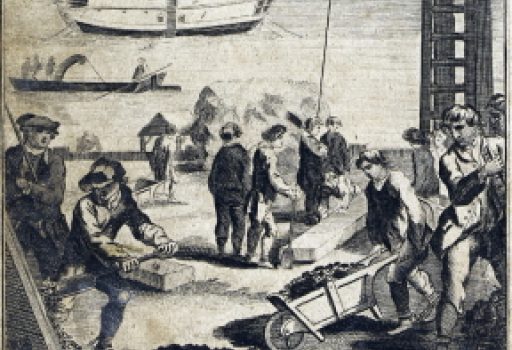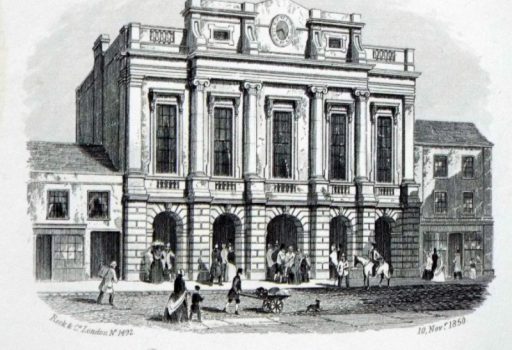We have two wonderful partners for Human Cargo at Maltings Arts Theatre in St Albans on 11th May. Set up in 2015, St Albans for Refugees works to collect and distribute emergency aid for refugees, and to relieve financial hardship amongst those granted refugee status in St Albans and the surrounding area. Herts Welcomes Syrian Families (HWSF) is a network formed to help implement the Syrian Vulnerable Persons Relocation (VPR) scheme in Hertfordshire.
ROBERT KIFF was a Hertfordshire ploughman. In 1842 he was brought before the Quarter Sessions in Hertford, accused of stealing a chicken belonging to a Mr Wright. He had a previous conviction, for stealing turnip tops. He was found guilty, and sentenced to 10 years transportation to Van Diemen’s Land, then a hellish penal colony, now known as Tasmania. It was a savage sentence for a petty crime, but quite typical for the time. Kiff was 5’5”, with a dark complexion, dark brown hair and whiskers, and a scar on his left arm. He was a protestant and could read. His brother Thomas was transported on the same boat, sentenced for stealing nine shillings from a man in a disorderly house. Unlike his brother, Thomas was married with two children, whom he had to leave behind in St Albans.
In 1811 MARY WILMOT was convicted in St Albans of stealing a wooden box and two books, together worth two shillings. This earned her seven years transportation to New South Wales. She was then 35 years old, much older than most single women transported to the colony. But like them, she was soon married – in her case, to convict Daniel Brown, who arrived in the same year. They had six children.
Gardener JOHN BAMFIELD was a 23 year old gardener who was caught stealing chickens. for which St Albans Quarter Sessions sentenced him to seven years in Tasmania in 1835.
In the recent BBC TV series about the first fleet to New South Wales, Banished, there was a character called JAMES FREEMAN, played by Russell Tovey. He was a real man from Rickmansworth, who, aged 16, appeared before the Hertfordshire Assizes in St Albans for robbing a man of 12 shillings. He was sentenced to death, but this was commuted to transportation, and he sailed upon the First Fleet to Australia in 1787. Food was scarce in the makeshift penal camp. Freeman and another convict were caught stealing some food and sentenced to be hanged. Just the day before their execution, the colony’s first hanging had been a disaster: Thomas Barrett from Devon took some time to die. One can imagine how Freeman and the other prisoner felt as they were led to the gallows and nooses placed around their necks. At this point, bizarrely, Freeman was offered a pardon if he would take on the role of executioner. He accepted. His role became known as ‘finisher of the law’ and proceeded to hang the colony's condemned. By the words of his contract, he had to hang them, or be hanged himself. Finally, his sentence served, he received his ticket of leave. But he never left Australia, dying a pauper in the colony, forty two years after arriving there.
